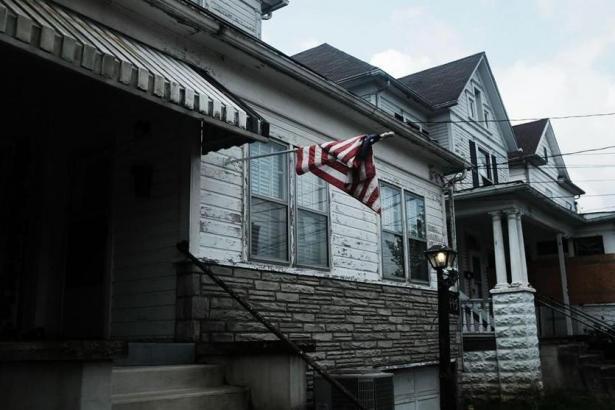The headline economic indicators – GDP growth, the unemployment rate, the stock market — all say that the United States is in the midst of a sustained economic expansion that was slow to develop after the Great Recession. But a deeper look at US performance offers far less cause for celebration. America is mired in a social progress recession. Data from the Social Progress Index, the first ever rigorous measurement of social performance across a broad range of indicators and all major countries, reveals that the quality of life and opportunities for many Americans is lagging. The fact is that our country is failing on many of the things we hold most dear. And it’s getting worse.
The Social Progress Index focuses exclusively on social outcomes (not spending or inputs), capturing key aspects of quality of life, including health, water and sanitation, personal safety, education, and environmental quality. The index also examines opportunity for citizens, including personal rights and freedoms, absence of discrimination, and inclusiveness. Despite being among the wealthiest nations, the United States ranks 25th overall on social progress, behind all our peers in the Group of Seven. In important areas, the United States ranks even lower: We are 61st on secondary school enrollment and 88th on homicide rates. Despite spending more per capita than any other nation on earth on health care, we achieve just 62d on maternal mortality, 40th on child mortality, 47th on premature deaths from noncommunicable diseases, and 35th on life expectancy at age 60.
The data confirm what we know but do not discuss. Our communities are not safe enough, our schools are subpar, Americans’ overall health and wellness is way below other advanced countries, and quality of life and economic opportunity for many is diminished.
Declining social progress is beginning to create real consequences for our country’s economic competitiveness. How can we maintain a competitive economy if Americans’ quality of life erodes? How will the next generation compete economically with their peers abroad without access to a quality education? How can we expect to progress economically if health is deficient, citizens don’t feel safe, and many experience discrimination? A deep look at the recovery reveals that while many have benefited, the low official unemployment rate masks a much greater proportion of Americans who are not engaged in the workforce.
Turning around our social progress recession will be challenging. There is no Federal Reserve to turn to, nor will this be solved by short-term stimulus. Climbing out of our social progress recession will require a transformation of our political and civic institutions. We must hold government, social organizations, and the business community accountable. America must return to our roots as a country that advances economic opportunity and social progress in tandem, so that prosperity is inclusive. Reversing the decline in social progress is needed to deliver on this promise. Not only does our prosperity depend on it, but so does repairing the fracturing of our society and recapturing what it means to be an American.


Spread the word